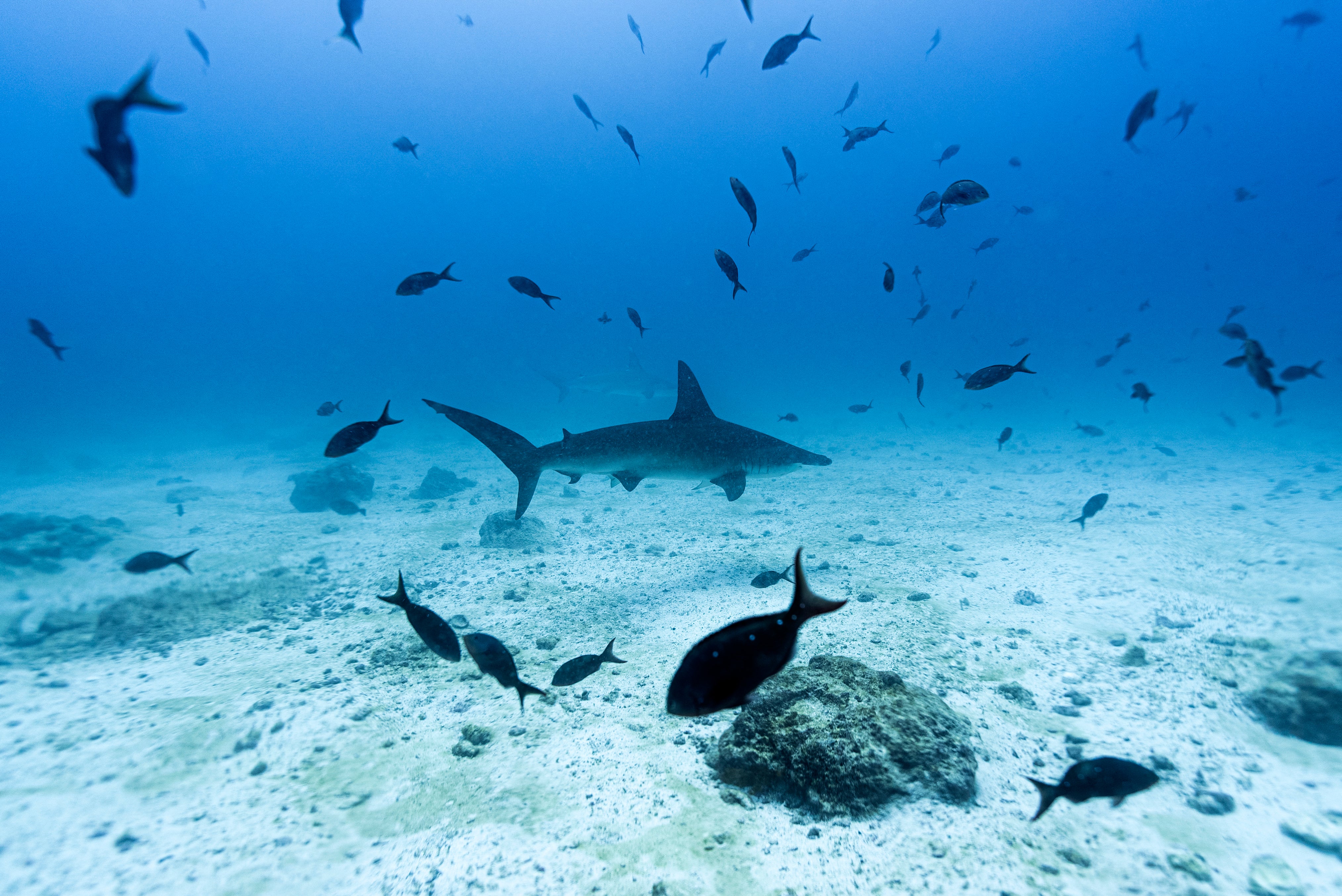US state named global shark attack capital
Volusia County has been named by researchers at a Florida musuem as the number one hot spot for unprovoked shark attacks
A county in Florida has been named the world’s number-one spot for the highest number of recorded shark attacks, as well as topping the shark attack chart in 2023.
In the International Shark Attack File released by the Florida Museum of Natural History, experts found that Volusia County has seen 351 unprovoked attacks since records began in 1882.
Brevard County follows with less than half, at 158 attacks, while Palm Beach was third with 83.
While Florida can be considered the shark attack capital of the United States, having a total of 928 attacks on their coastline since 1837, the state is also a contender for the worldwide spot too.
The International Shark Attack File for 2023 investigated 120 alleged shark-human interactions worldwide last year and found that 69 of those were unprovoked.
The United States comes on top as the country where the majority of those happened, with 36 cases representing 52 per cent of the worldwide total.
Florida was home to 16 out of the 36 unprovoked attacks in the US last year, again securing its place as a shark attack hot spot.
Volusia County, which also tops the overall list, had the most shark bites in Florida with eight, representing 50 per cent of the state’s total, meaning the county was 2023’s shark attack capital of the world, according to the museum’s research.
A South Carolina man made headlines last September when he was surfing at New Smyrna Beach in Volusia County, and a shark bit him in the face.
"I felt this pressure on my face," 38-year-old Mark Summerset told NBC News last year. "It felt like a bear trap. I think he just ripped down a little bit. But sharks have five rows of teeth, so he tore me up pretty bad, and he let go.”
The bite stretched from Mr Summerset’s forehead to his jaw, leaving him with 18 stitches.
Despite still being the reigning area, this is lower than Florida’s most recent five-year annual average of 19 incidents.
Florida was followed by Hawaii with eight unprovoked attacks, one of which was fatal, and New York with four.

There were two unprovoked bites in California, one of which was fatal, three in North Carolina, two in South Carolina and one in New Jersey.
The museum says that to qualify an attack as unprovoked, the shark has to bite a live human while it is in the shark’s natural habitat, but with no human provocation of the shark.
Provoked bites occur when a human has initiated an interaction with a shark in some way, including when divers try to harras or touch a shark, bites on a spearfisherman, bites on people trying to feed sharks or bites while unhooking or removing a short from a fishing net.
The worldwide total of 69 unprovoked cases recorded by the museum in 2023 was slightly higher than normal over the past five years, which saw an average of 63 incidents annually between 2018 and 2022.
This year, 14 of those cases unfortunately resulted in fatalities, 10 of which were deemed as unprovoked by the museum’s File –again higher than average over the past five years, which usually sees six unprovoked fatalities per year.
Australia followed the United States in 2023’s worldwide summer with 15 unprovoked shark attacks.
However, the museum’s experts say that despite the numbers, the total number of unprovoked shark bites worldwide still remains “extremely low.”
The museum said in a news release on its findings that as there are consistently fewer than 100 unprovoked bites each year, it makes it more likely for someone to win the lottery than be attacked by a shark.
“When there are more attacks, it often means that more people are spending time in the water — not that sharks have become more dangerous,” the museum added.
Join our commenting forum
Join thought-provoking conversations, follow other Independent readers and see their replies
Comments
Bookmark popover
Removed from bookmarks